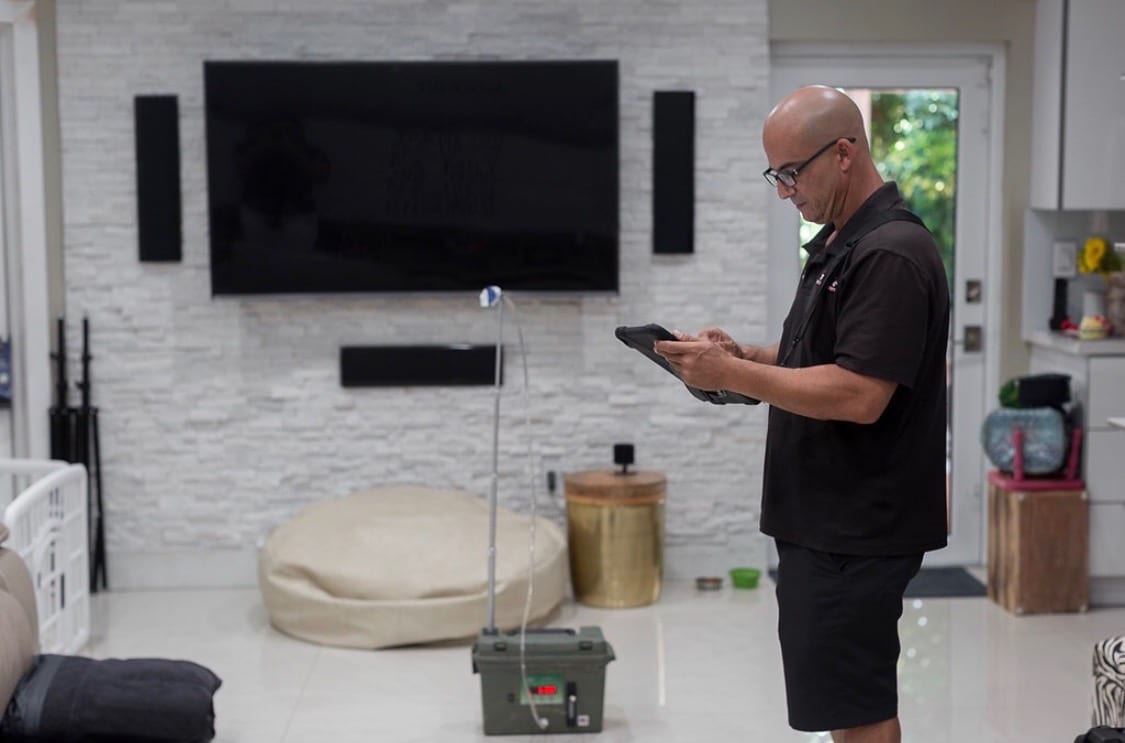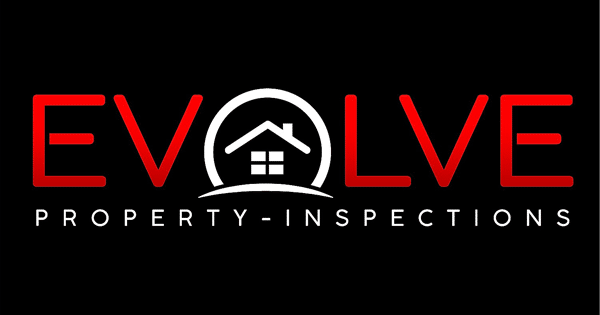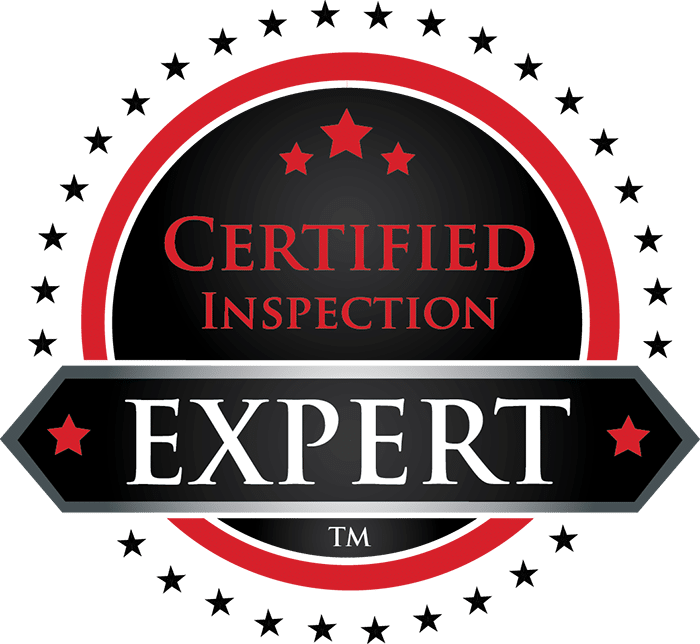Home Inspection Negotiations

How to Negotiate Repairs After the Home Inspection
You have to learn how to bargain and negotiate if you want to get the most value out of a new home purchase.
Closing on a home is a big dream for a lot of people, but before you rush into it, make sure you have the home properly inspected. If the inspection shows that you need to have some work done to the home, it’s time to put your negotiation hat on.
You have a lot of different options for negotiating with your seller, so exploring these options will give you some leverage.
Below we’ll talk about how you can make the most out of home inspection negotiations, so you know you’re buying the best home at a great value.
1. Always Use a Home Inspection Contingency
Whether you’re purchasing a single-family home or a condo, you should always put contingencies in place for a final home inspection.
A quality inspection can save you from purchasing a home that has huge issues with it and will serve as your out-clause if the damage is too significantly great. However, you may need to put these contingencies in writing so that you can get your deposit back if something goes wrong during the inspection.
Take your time and hire the right home inspector and make sure that they are a Certified Master Inspector and are officially state-licensed. Also, make sure to read reviews.
Having contingency clauses in place, along with the help of a qualified inspector, allows you to remain in the driver’s seat when it comes to your negotiations.
2. Ask the Seller to Cover the Repairs
Once an inspection uncovers a serious flaw, you’re well within your right to ask the seller to cover the repairs.
If a seller haggles about a reasonable request, it lets you know you should avoid purchasing the property. It’s up to you to also understand which repairs are too big to still go through with the deal.
For instance, if the foundation is crumbling, it is most likely beyond repair and will instead need to be replaced. Use your discretion and prioritize the repairs accordingly.
3. Gather Your Price Estimates For the Work
You will have far higher negotiation power when you take it upon yourself to get some price estimates. The inspector that you bring in can be a great help in this regard and can let you know point for point how much you’ll pay in materials and labor.
It helps to get some outside estimates as well, so you have a clear idea of how much it’ll cost to make the most crucial repairs. Bringing this information to the seller gives you leverage when addressing any repair negotiations.
4. Negotiate on the Selling Price
The best step you can take following an inspection is to ask the seller to reduce the price if the property needs repairs.
For instance, if the HVAC system won’t work without a particular repair, you can accept that and make plans to get it fixed yourself, under the condition that the seller lowers the price. This is good for both parties because it expedites the sales process.
5. Be Fair About the Flaws You’re Pointing Out
A home inspection’s purpose is to point out the major areas of damages that need repairs. The report does not indicate that a home is flawless, no matter how new or how old.
As such, make sure that you’re also fair about these flaws during the negotiation process. Nickelling and diming over cosmetic issues don’t give you leverage — it takes it away and makes the seller more likely to back out.
While you should stand firm about severe structural concerns, remain mindful of what is important and don’t expect any house to be perfect.
6. Get Compensation and Then Handle the Repairs on Your Own Terms
When at all possible, you should choose money over actually having the seller address the repairs.
You’ll know the job is correct when you handle your own repairs. Do your research into how much each repair costs and how long it’ll take so that you receive fair compensation, and so that you’re able to handle the work when needed.
This gives you the flexibility to choose whichever contractors you like.
7. Have a Limit With the Negotiations and Be Open to Counter Offers
While negotiation power is important, you always need to have a limit.
If you are continually going back and forth, or if the seller doesn’t seem to want to address cognitive issues, you’re better off searching for another house. Likewise, you should remain as flexible as possible, because the owner could make you a counter-offer that you hadn’t anticipated.
Get the help of a real estate agent that can help you weigh the pros and cons of any deal that is on the table.
Touch base with a few different real estate agents until you feel comfortable with the offers that they provide, and make sure that they are licensed and insured, and experienced with these types of negotiations.
Handle Your Home Inspection Negotiations With Tact and Care
By understanding the points above, you will make the most out of your home inspection negotiations. A home inspection is critical to any home purchase, but what you do after the inspection is even more important.
We would be glad to help you with any inspection needs that you have.
Take the time to reach out to us via the web or call us at (305) 506-8969.



